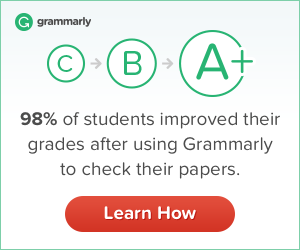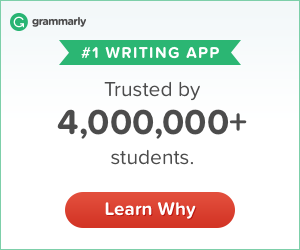Instructions: Find the noun infinitives and noun infinitive phrases in the following sentences and tell if they are used as a subject, a direct object, a predicate nominative, an appositive, or an object of a preposition.
1. To sit in judgment is a difficult task.
2. To waste time in class is foolishness.
3. To party and to sleep in were his only faults.
4. My grandfather wanted only to build a home and raise a family.
5. Barbara hopes to be home soon.
6. His joys were to play soccer and to visit friends.
7. To save money for a rainy day is a good idea.
8. The man's goal was to go to college and to study law.
9. Everyone wants to be rewarded for one's efforts.
10. Our desire is nothing but to live happily.
--For answers scroll
down.
Answers:
1. To sit in judgment is a difficult task.
- to sit in judgment = subject
2. To waste time in class is foolishness.
- to waste time in class = subject
3. To party and to sleep in were his only faults.
- to party / to sleep in = subjects
4. My grandfather wanted only to build a home and raise a family.
- to build a home / (to) raise a family = direct objects
5. Barbara hopes to be home soon.
- to be home soon = direct object
6. His joys were to play soccer and to visit friends.
- to play soccer / to visit friends = predicate nominatives
7. To save money for a rainy day is a good idea.
- to save money for a rainy day = subject
8. The man's goal was to go to college and to study law.
- to go to college/to study law = predicate nominatives
9. Everyone wants to be rewarded for one's efforts.
- to be rewarded for one's efforts = direct object
10. Our desire is nothing but to live happily.
- to live happily = object of the preposition










